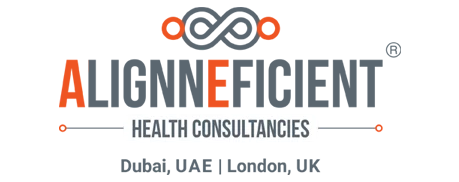Imagine this: You’ve been feeling under the weather for weeks. You finally drag yourself to the doctor’s office, a knot of anxiety tightening in your stomach. You explain your symptoms, but the doctor seems rushed, barely making eye contact as they jot down notes. Do you feel heard? Understood? Probably not.
This, unfortunately, is a common scenario. But what if I told you that the key to feeling better might not be a fancy new test or a powerful medication, but simply being truly listened to?
The Magic of Listening: Beyond “Uh-huh”
We all know the feeling of being half-listened to. It’s frustrating, right? In healthcare, though, it’s more than just frustrating – it can have serious consequences. Active listening, which goes way beyond simply waiting for your turn to speak, is a superpower for both patients and doctors.
Here’s the thing: have you ever noticed how much better you feel when someone truly hears you out? When they ask clarifying questions, acknowledge your worries, and make you feel like you’re a partner in your health journey? That’s the magic of active listening.
So, how does this translate to better health outcomes?
Think about it. When a doctor truly listens, they gather a richer picture of your health. They understand not just your symptoms, but also your lifestyle, anxieties, and past experiences. This can lead to a more accurate diagnosis and a treatment plan that actually works for you, not just some generic one-size-fits-all approach.
But wait, there’s more!
Active listening also builds trust. When you feel heard and understood, you’re more likely to be open and honest with your doctor. This is crucial, especially when it comes to following treatment plans and managing chronic conditions. Feeling like you’re on the same team with your doctor, not just another patient on the conveyor belt, can make a world of difference.
Let’s Talk: How to Foster Open Communication
Here’s the good news: anyone can become a better listener, whether you’re a doctor or a patient. Here are some tips:
- For Doctors: Set aside dedicated time in appointments for patients to express their concerns. Avoid distractions and make eye contact to show you’re fully present. Ask open-ended questions that encourage patients to elaborate, and don’t be afraid to clarify if something seems unclear.
- For Patients: Don’t be shy! Come prepared with a list of questions and concerns. If you don’t understand something, ask for clarification. Remember, you’re the expert on your own body. The more information you share, the better.
By prioritizing active listening, we can transform the healthcare experience from a series of rushed appointments to a collaborative journey towards better health. So next time you’re at the doctor’s office, pay attention: are you being truly heard? If not, speak up! After all, your health is worth it.
